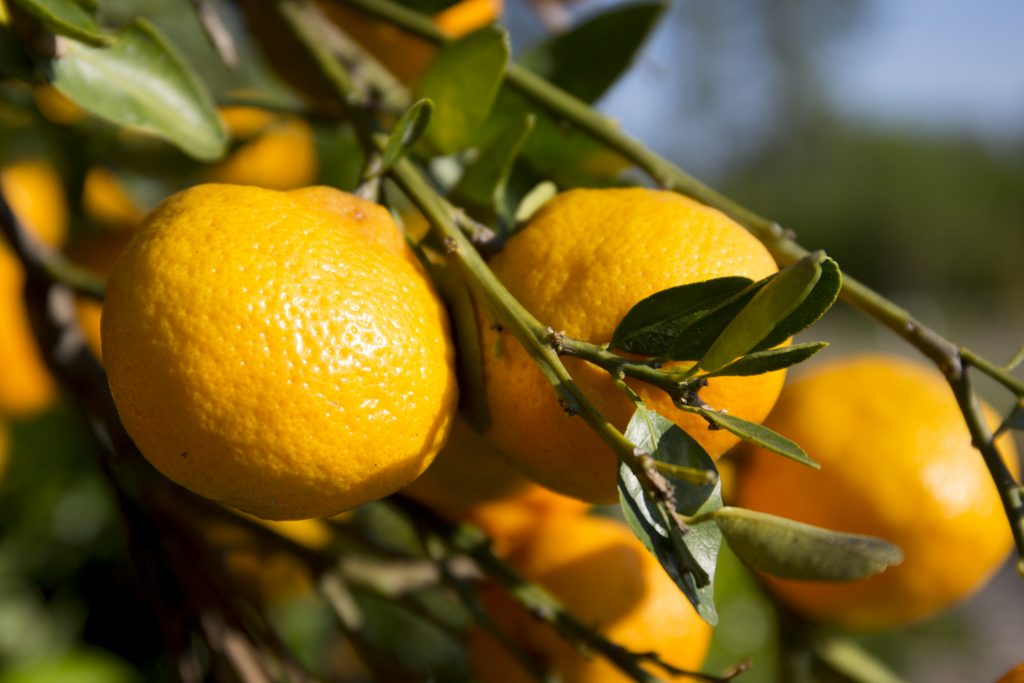
LAKE ALFRED, FLA — University of Florida researchers continue to study ways to combat Huanglongbing (HLB), or citrus greening disease.
One discovery brings the potential of another tool for citrus growers to control Asian citrus psyllid, the insect that transmits the disease-causing bacterium, and protect infected trees from further damage.
Kirsten Pelz-Stelinski, an associate professor of entomology and nematology at the UF Institute of Food and Agricultural Sciences Citrus Research and Education Center, discovered that 2’-deoxy-2’-flouro-d-arabinonucleic acid antisense oligonucleotides (FANA ASO) (small-sized single-stranded nucleic acids) can be used to silence essential genes within the psyllids and in the bacterial pathogen that causes citrus greening.
Pelz-Stelinski and her team reduced the citrus greening disease pathogen in the psyllid and in citrus. This led to less transmission and a potential reduction in disease severity.
“The intent of this research was to find alternative, environmentally-friendly tools for psyllid management as current pest management strategies have led to the development of resistance among Asian citrus psyllid populations,” said Pelz-Stelinski. “Understanding the relationships of essential bacteria needed for insect survival provides potentially important targets for control strategies that use bactericides. By disrupting how the psyllid acquires and processes the pathogen while impacting the nutrition and fitness of the psyllid may provide an alternative management tool in controlling transmission of the HLB pathogen”
The research was recently published in the online Nature Scientific Reports.
For more information see UF/IFAS News.









